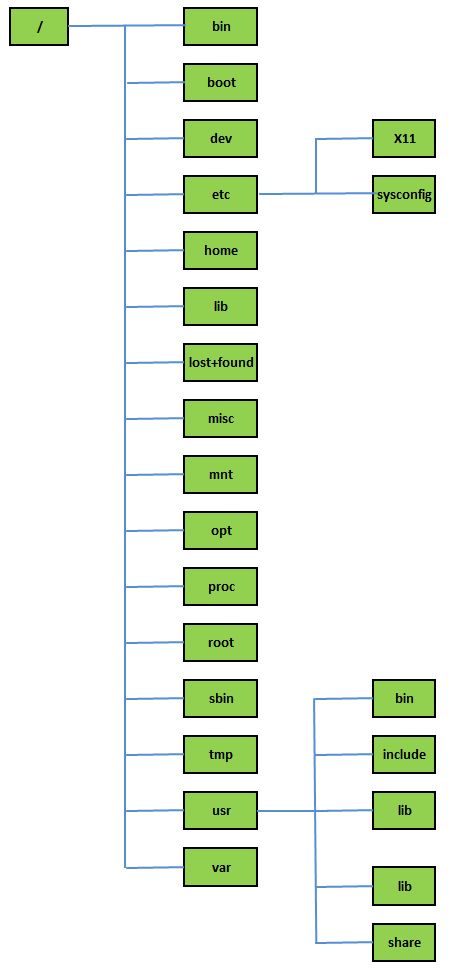I need to refresh my knowledge about basic commands in Linux. I browse some reference books but I do not want to read detailed information. So, I try to find some linux pocket books. I get ‘Visual Quickstart Guide – Unix and Linux (Fifth Edition)‘ by Deborah S. Ray and Eric J. Ray.
Overall, yeah.. it is not for advanced users or one who is looking detailed information. It lists only common commands that we can use in daily administration tasks. Those are:
Beyond that, this book also provides references about commands, flags and arguments. Those can be used as your handy utilities when you do your tasks.

